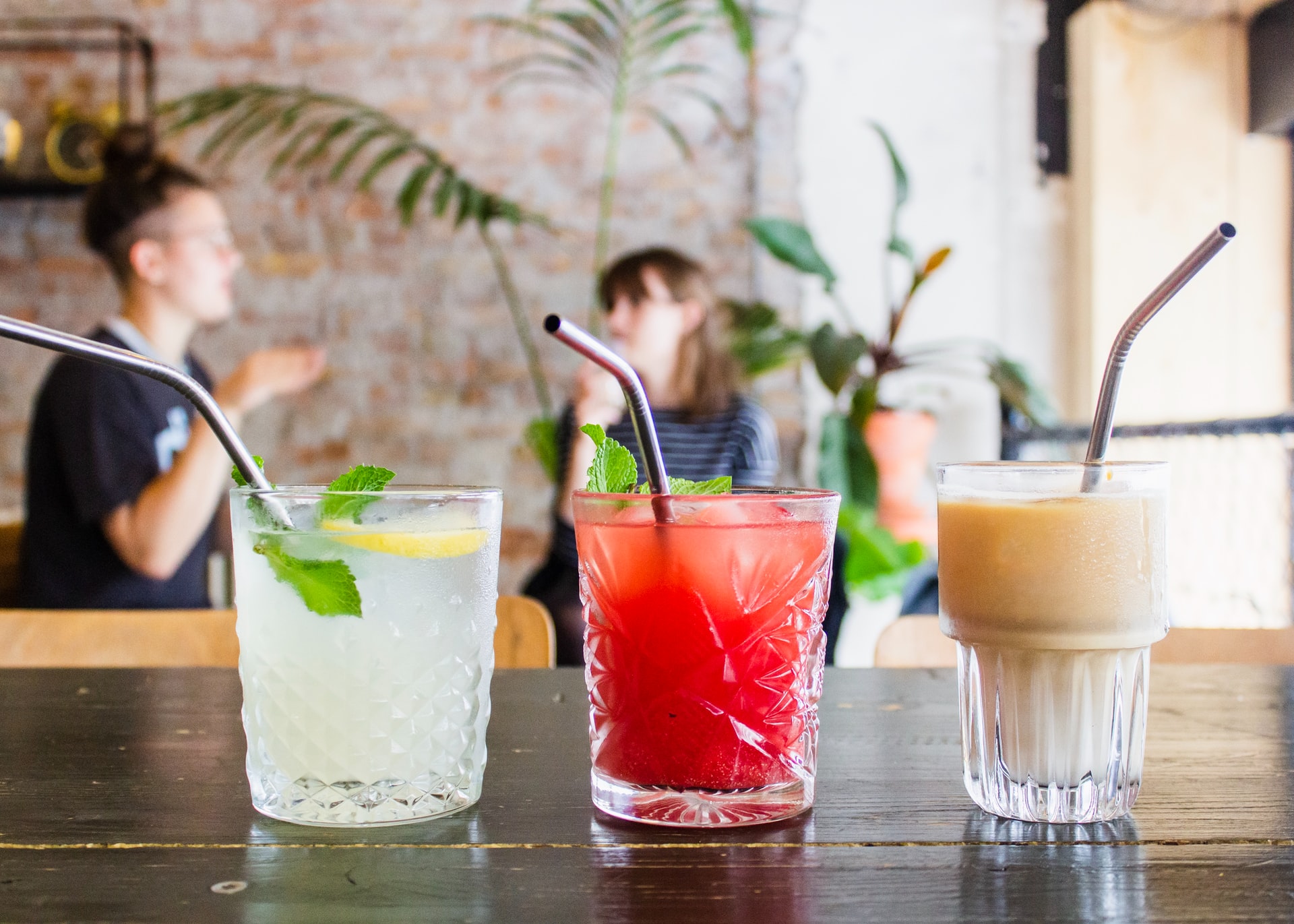The fight against cancer is, in all likelihood, the most important crusade in contemporary medicine. Not surprisingly, on February 16, 2022 the European Parliament discussed the subject, on the occasion of the approval of the Final Report on the fight against cancer.
At the center of the discussion were the new guidelines on cancer prevention. The parliamentarians spoke of support for research, accessibility to care and behavior to be followed to reduce the risk of cancer and cardiovascular disease. In this regard, a focus of the debate was the consumption of alcohol. The experts of the Veronesi Foundation intervened on the matter, saying their opinion on the real damage that alcohol can cause to our health. Below we report what the experts said.
According to experts, there are no good spirits and bad spirits
Researchers from the Veronesi Foundation wanted make their contribution in the heated debate about the link between alcohol use and cancer risk. Experts use an iron fist and claim that there are no good spirits and bad spirits. Ethanol, contained in alcoholic beverages, would be a proven carcinogen, regardless of the alcohol content and quantities consumed. The Foundation also cites the AIRTUM-AIOM Report of 2021, according to which there are 13,000 new cancer patients due to alcohol every year.
Therefore, there is no possible distinction between more and less healthy spirits. The speech is aimed especially at consumers of wine, the country’s priceless food and wine heritage. Since completely eliminating wine from our tables would be unthinkable, experts advise at least not to exceed the safety parameters dictated by the WHO. According to these parameters, the 12 grams of ethanol per day for women and over 65 should not be exceeded. For men under 65, the threshold can rise up to 24 grams.
The risk of cancer and cardiovascular disease would increase in those who consume these drinks even in minimal quantities
In short, the message that the Veronesi Foundation wanted to convey is that alcohol consumption, even if minimal, is a health risk. Experts add to the dose, asserting that it would be misleading to speak of dangerous consumption as opposed to responsible consumption. For them, touting the idea of zero-risk consumption would always be a mistake.
Quoting again the WHO and the International Cancer Research Agency, they recall the latest scientific evidence on the subject. According to research, in fact, the consumption of alcoholic beverages is related to the onset of over 200 forms of cancer and various cardiovascular diseases.
Recommended reading
Those who get colon cancer after the age of 50 could be treated with these drugs


